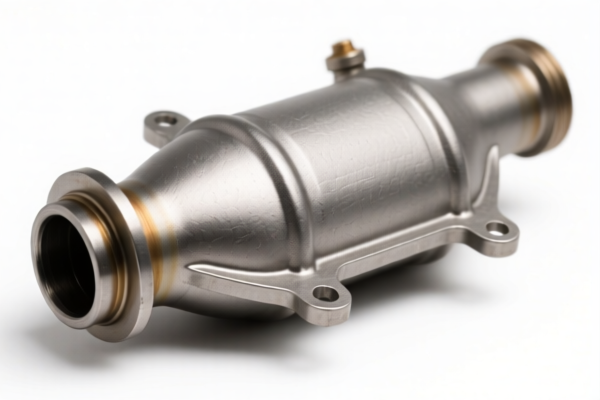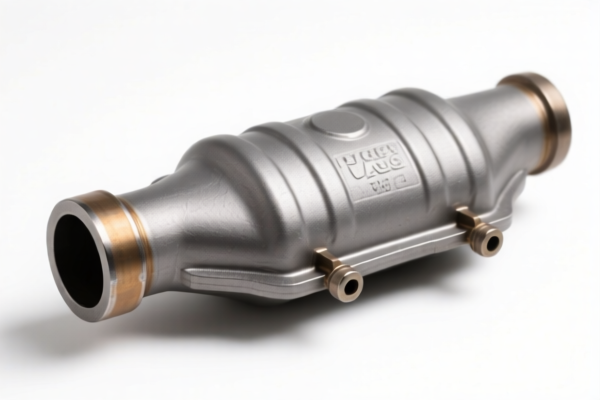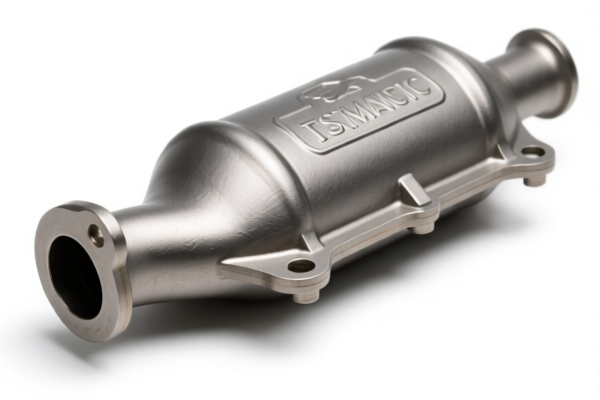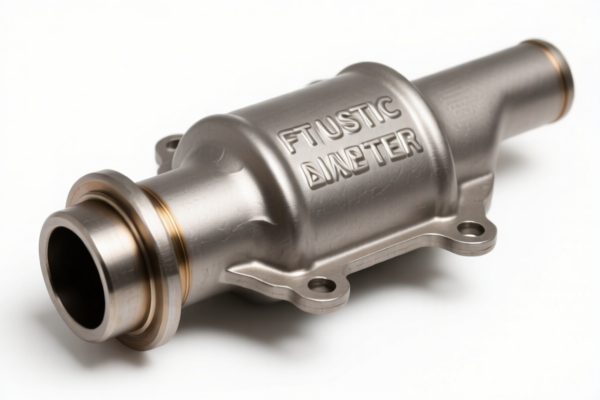| HS Code | Official Doc | Tariff Rate | Origin | Destination | Effective Date |
|---|---|---|---|---|---|
| 8708925000 | Doc | 57.5% | CN | US | 2025-05-12 |
| 7112990100 | Doc | 55.0% | CN | US | 2025-05-12 |




Okay, let's break down the HS codes and tax implications for your declared items: Catalytic Converter parts. Here's a detailed analysis to help you understand the classification and potential duties:
Understanding HS Codes – A Quick Primer
Before we dive in, remember that HS codes are standardized globally. The first 6 digits define the product, and the last digits provide more specific details.
- Chapter 87: Vehicles, aircraft, and parts thereof.
- Chapter 71: Waste and scrap, precious metal or metal clad with precious metal.
1. HS Code: 8708.92.50.00 – Parts and accessories of motor vehicles (Mufflers and exhaust pipes)
- 87: Vehicles, aircraft, and parts thereof. This indicates the item is related to motor vehicles.
- 08: Parts and accessories of motor vehicles of headings 8701 to 8705. Specifically, this covers parts for vehicles.
- 92: Other parts and accessories. This narrows it down to parts that don't fall into more specific categories.
- 50.00: Mufflers and exhaust pipes; parts thereof. This is the most specific classification, pinpointing your catalytic converters (which function as part of the exhaust system).
Tax Implications:
- Basic Duty: 2.5%
- Additional Duty (Currently): 25.0%
- Additional Duty (After April 2, 2025): 30.0%
- Total Tax (Currently): 57.5%
- Total Tax (After April 2, 2025): 67.5%
Important Considerations for 8708.92.50.00:
- Vehicle Type: This code is broad. The specific vehicle type the catalytic converter is designed for can sometimes influence the applicable regulations.
- Material Composition: The material used in the catalytic converter (e.g., stainless steel, ceramic core) might be relevant for certain import restrictions or certifications.
- Documentation: Ensure your invoice clearly states the vehicle type compatibility and the material composition.
2. HS Code: 7112.99.01.00 – Waste and scrap of precious metal or of metal clad with precious metal
- 71: Waste and scrap, precious metal or metal clad with precious metal. This suggests the item is being imported as recycled material or scrap containing precious metals.
- 12: Waste and scrap of precious metal or of metal clad with precious metal; other waste and scrap containing precious metal or precious metal compounds, of a kind used principally for the recovery of precious metal other than goods of heading 8549.
- 99: Other. This indicates it's a category of waste/scrap not specifically listed elsewhere.
- 01.00: Other. Further specifies the type of waste/scrap.
Tax Implications:
- Basic Duty: 0.0%
- Additional Duty (Currently): 25.0%
- Additional Duty (After April 2, 2025): 30.0%
- Total Tax (Currently): 55.0%
- Total Tax (After April 2, 2025): 65.0%
Important Considerations for 7112.99.01.00:
- Precious Metal Content: The actual precious metal content (Platinum, Palladium, Rhodium) is crucial. Customs will likely require documentation verifying this content (e.g., assay reports).
- Source of the Scrap: The origin of the scrap material might be subject to specific import regulations or restrictions.
- Recycling/Recovery Purpose: You'll need to demonstrate that the material is genuinely intended for precious metal recovery/recycling.
- Environmental Regulations: Importing waste/scrap often requires compliance with environmental regulations regarding handling and disposal.
Recommendations & Next Steps:
- Verify Material Composition: For both HS codes, double-check the exact materials used in the catalytic converters. This is critical for accurate classification and potential certifications.
- Confirm Precious Metal Content (7112.99.01.00): If importing under HS code 7112.99.01.00, obtain a detailed assay report from a certified laboratory outlining the precise precious metal content.
- Check the April 2, 2025, Changes: Be aware of the upcoming changes in additional duties on April 2, 2025.
- Review Import Restrictions: Check if there are any specific import restrictions or licensing requirements for catalytic converters or precious metal scrap from China to your destination country.
- Consult with a Customs Broker: I highly recommend working with a licensed customs broker in your country. They can provide expert guidance, ensure compliance, and handle the necessary paperwork.
Disclaimer: I am an AI assistant and cannot provide definitive legal or customs advice. This information is for general guidance only. Always consult with qualified professionals for specific import regulations in your country.
Customer Reviews
This page made it easy to understand the difference between the two HS codes. Great resource for anyone importing catalytic converters.
I found the part about the documentation needed for precious metal content a bit confusing, but the information was still overall clear and helpful.
The mention of the upcoming tax changes in April 2025 was super useful. I’m glad I saw this before planning my next shipment.
The images of the catalytic converter were a nice touch. They helped visualize the product being discussed in the HS code breakdown.
The section on HS Code 7112990100 was really informative. I never realized catalytic converters could fall under precious metal scrap classifications.